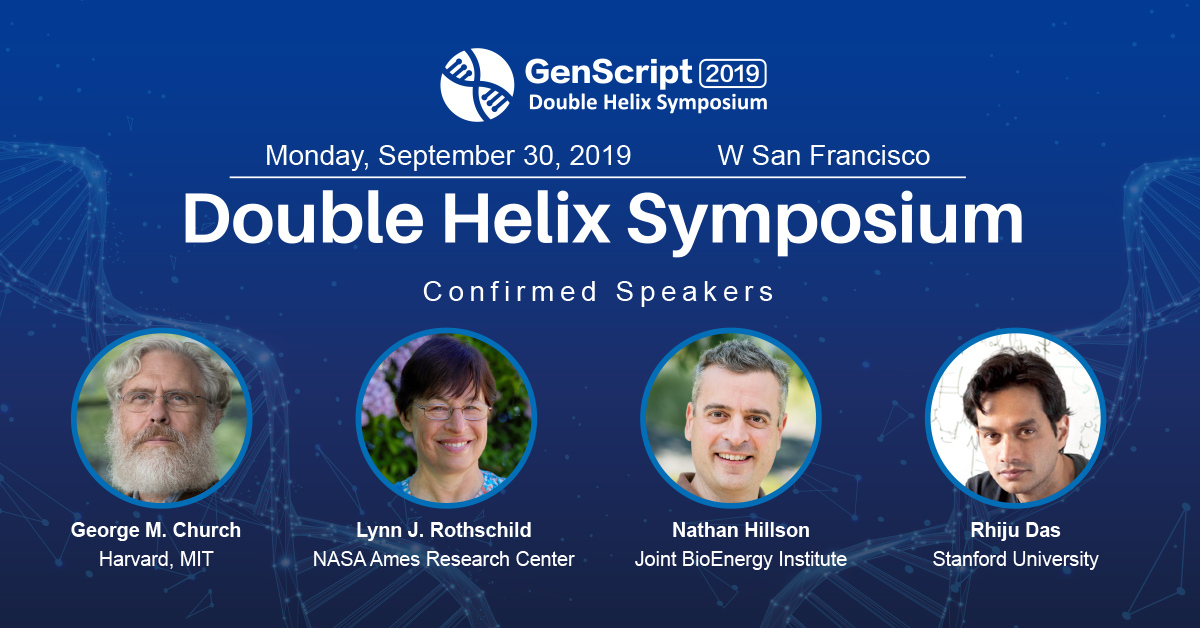First Author Conversations Podcast
Episode 3: Application of Synthetic Biology

Synthetic biology shows promise in areas as diverse as food and fuels. Nathan Hillson from the U.S. Department of Energy's (DOE) Joint BioEnergy Institute and his team recently published a paper in ACS Synthetic Biology titled, Parallel Integration and Chromosomal Expansion of Metabolic Pathways.
"...synthetic biology is really just kind of a cultural mindset. So, it's looking into biology more from an engineering type of a perspective…more on the use-inspired side of things."
─ Nathan HillsonUsing synthetic biology to produce fuels has seen a lot of improvements, but while fossil fuels remain relatively inexpensive, that may not make economic sense.
However, it may be competitive in the area of producing materials that can go into flavors and fragrances, or lubricants etc.
In this episode, Tracy talks to Nathan about the process of using synthetic biology to produce materials on a large scale from engineering pathways into bacteria or fungi and testing the optimal mix of pathway components to maximize production.
He talks about overcoming challenges such as strain stability or reduced production from chromosomally integrated pathways.
Finally, Nathan describes the role of the DOE's Agile BioFoundry in developing a common infrastructure on which private companies can then address specific problems.
We are honored to have invited Dr. Hillson to speak at GenScript Double Helix Symposium 2019, register today to save your spot!
